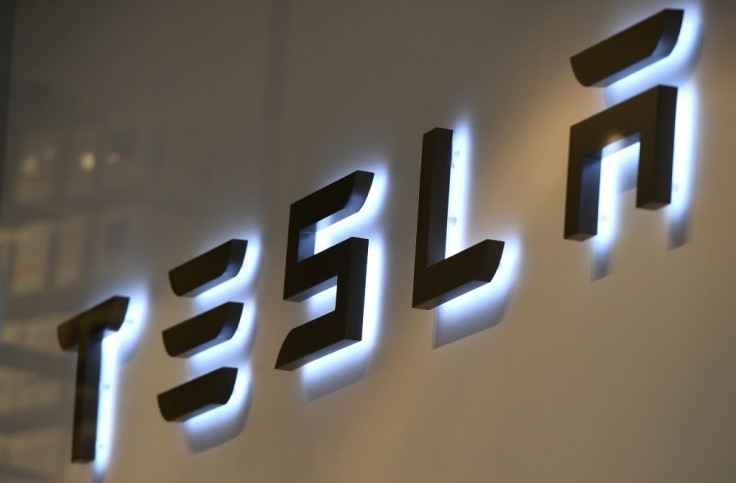Why Tesla Turns A Profit But Not Because Of Car Sales
Tesla managed to turn its first annual profit in 2020, but the money it made selling cars is dwarfed by its income from selling government regulation credits those electric vehicles earned. Those credits are unreliable, and as competition in the EV market increases experts are divided on whether Tesla can make profits long-term, CNN reports.
Tesla was one of 2020’s big success stories: a 743% rise in stock prices, a new Shanghai factory to take advantage of China’s burgeoning EV market and the first year the company turned a net profit.
Recent months, however, brought hints of trouble on the horizon. There is new competition in China’s domestic market, with old auto giants pivoting to take up Tesla’s space in the U.S.
Now it seems Tesla’s net profits might not be as sustainable as they seemed.
“These guys are losing money selling cars. They're making money selling credits. And the credits are going away," Gordon Johnson, founder of GLJ Research and perennial Tesla skeptic, told CNN.
Tesla’s credits are generated by laws in 11 states that mandate carmakers reach a proportion of electric vehicles by 2025, or purchase equivalent credits from companies beyond that benchmark. As an EV manufacturer, Tesla has a significant surplus and made twice as much money in 2020 selling credits than electric cars. Without those government subsidies, Tesla wouldn’t have been in the black.
Tesla’s own executives admit it’s not sustainable.
"This is always an area that's extremely difficult for us to forecast," Tesla Chief Financial Officer Zachary Kirkhorn told CNN. "In the long term, regulatory credit sales will not be a material part of the business, and we don't plan the business around that. It's possible that for a handful of additional quarters, it remains strong. It's also possible that it's not."

That’s not to say Tesla’s fans don’t see any bright spots. In 2020, Tesla showed cash income of $2.8 billion, in contrast to hemorrhaging money just two years prior. It projects 50% expansion for several years, a feat larger manufacturers won’t be able to match.
"They're not going to stay at an 80 to 90% share of the EV market, but they can keep growing even with much lower market share," said Daniel Ives, a technology analyst with Wedbush Securities. “We believe now they are on the trajectory that even without credits they'll still be profitable."
© Copyright IBTimes 2024. All rights reserved.




















